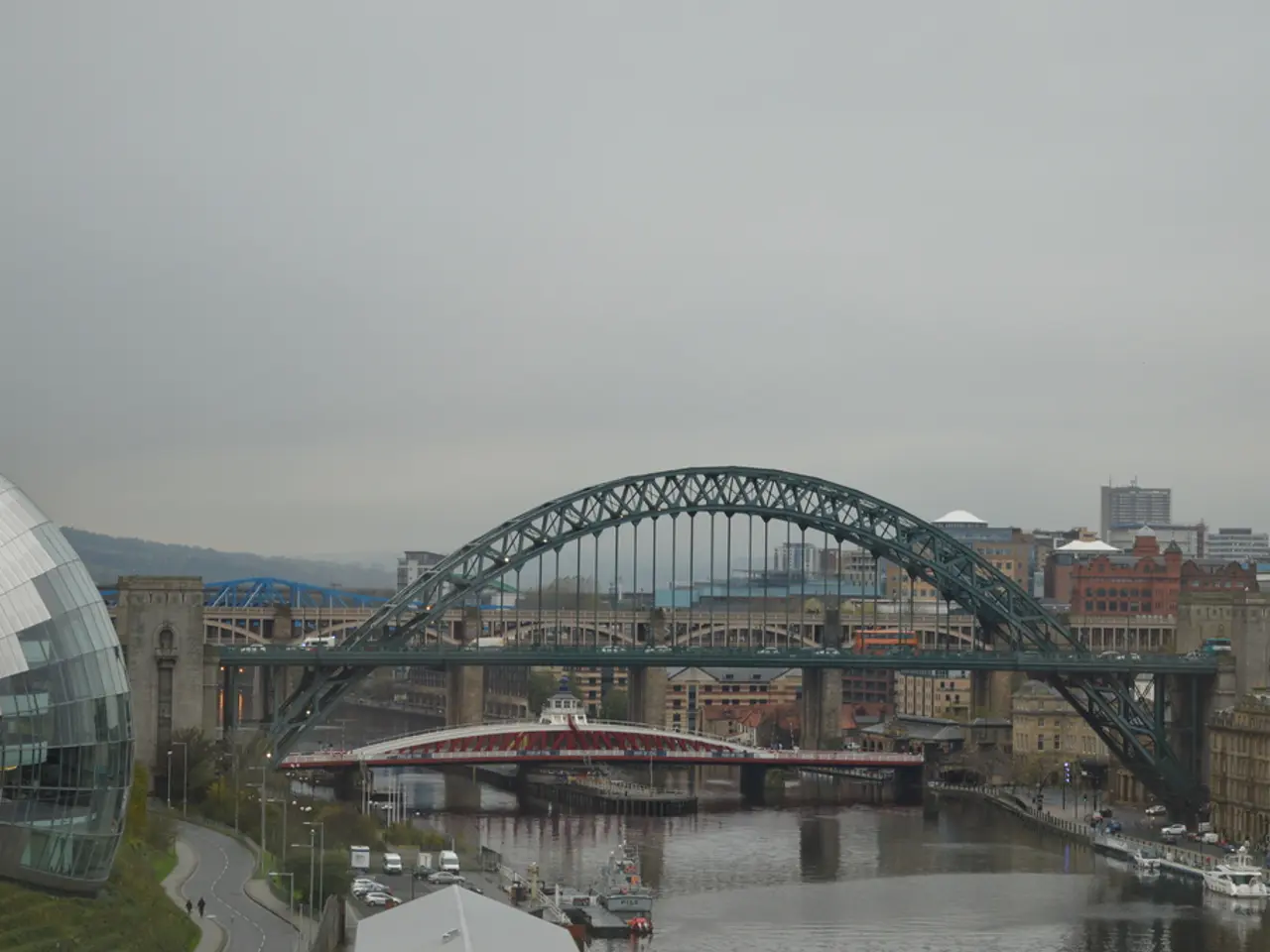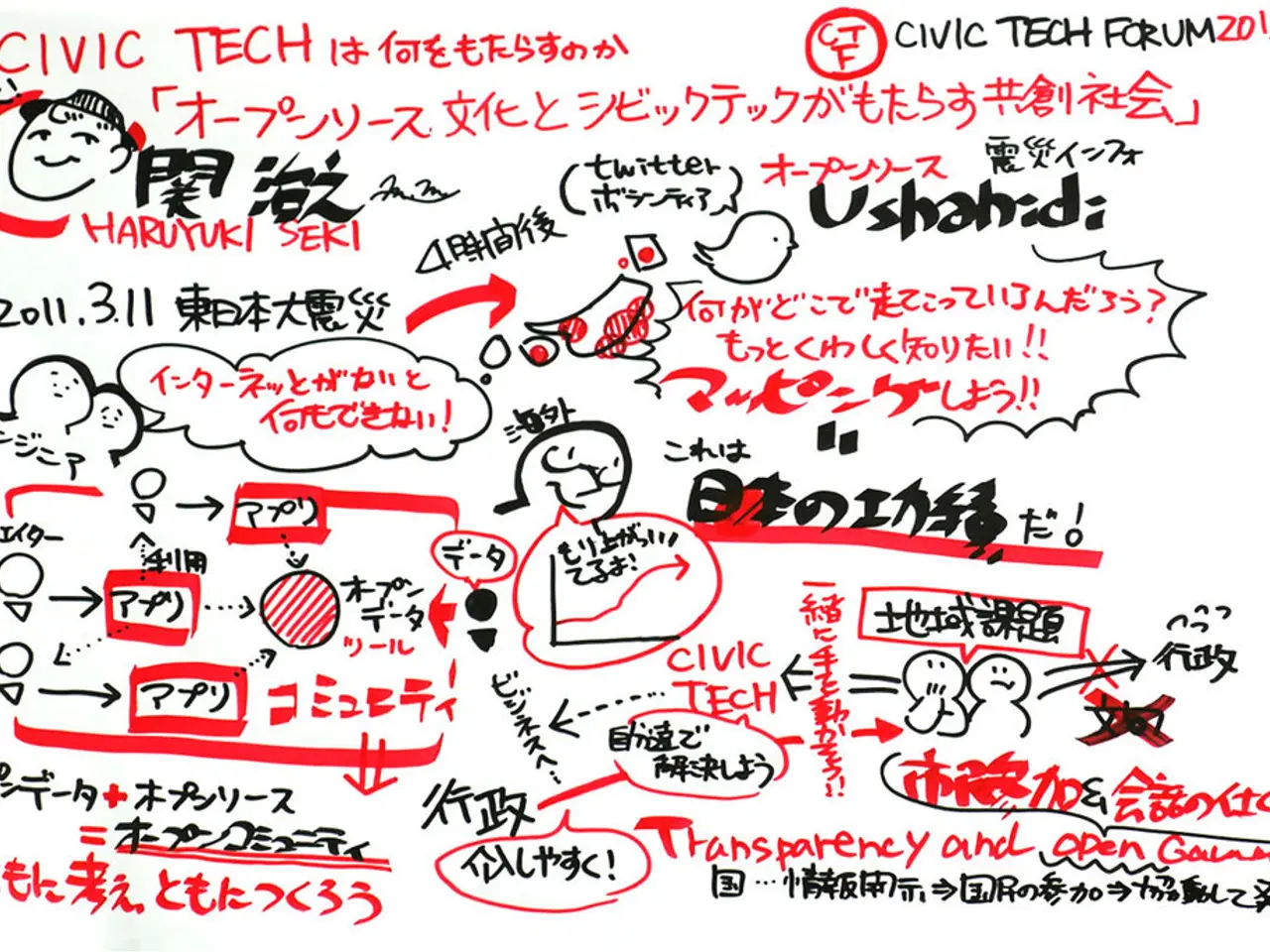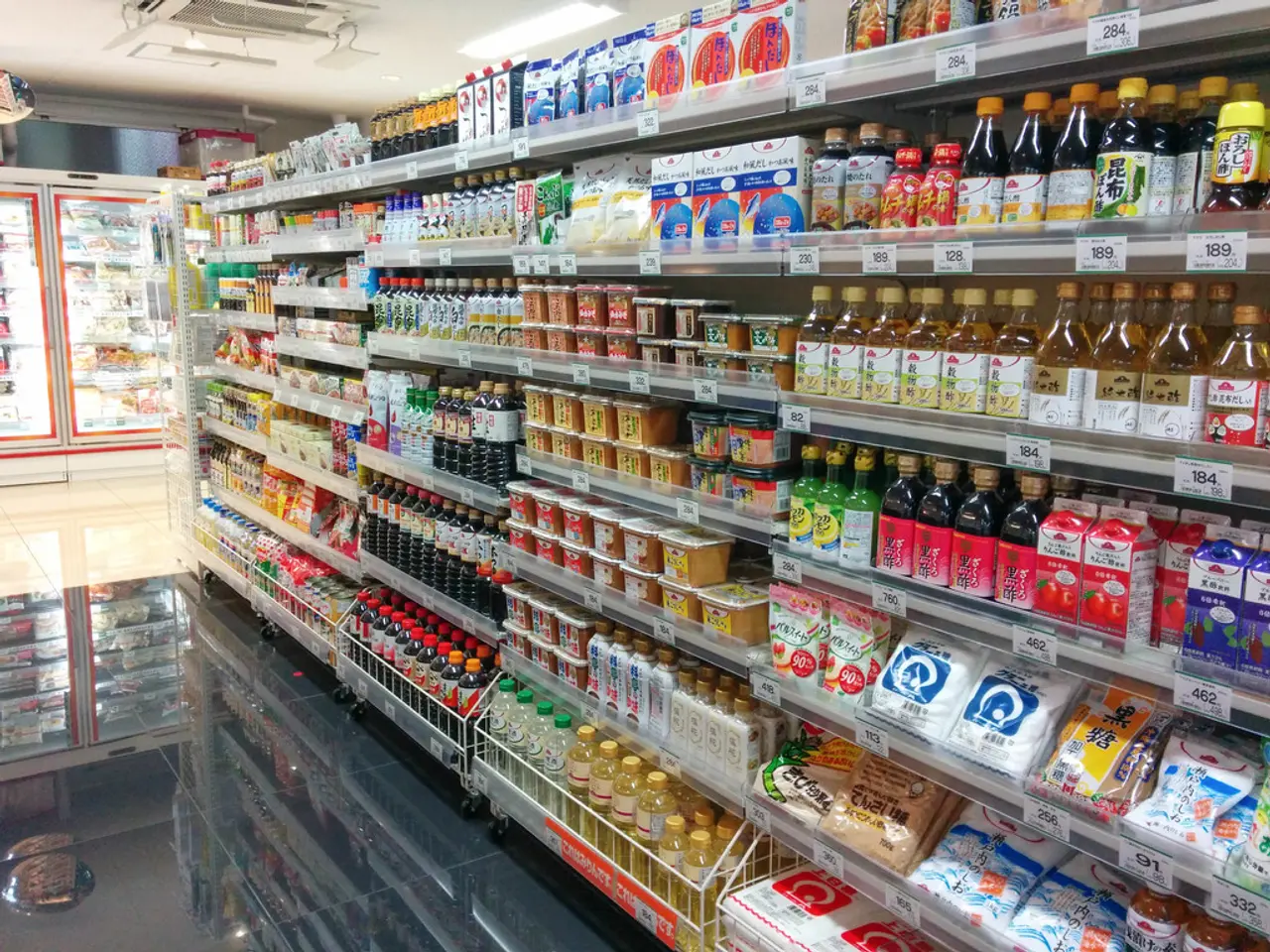Investment in the property sector by foreign entities is anticipated to persistently increase.
Vietnam is rapidly becoming an attractive destination for global real estate investment, driven by a combination of economic growth, infrastructure development, legal and regulatory reforms, and foreign direct investment (FDI).
## Economic Growth and Infrastructure Development
Vietnam's strong economic momentum, with a GDP growth of 7.09% in 2024 and projections of 6.5–6.6% for 2025, is boosting consumer purchasing power and demand for housing, office space, and industrial facilities. The rapid expansion of projects like MRT and ring-road initiatives is unlocking peripheral land banks, creating new opportunities for real estate development.
## Legal and Regulatory Reforms
The introduction of new policies, including the Land Law, Housing Law, and Law on Real Estate Business, has strengthened the legal framework, providing a stable environment for investment. Amendments to the Housing Law have relaxed foreign ownership restrictions, making Vietnam more appealing to international investors.
## Foreign Direct Investment (FDI)
Vietnam attracted USD 25.4 billion in FDI in 2024, with real estate being a major recipient sector. This influx of capital is driving growth across various real estate sectors. Notable investors include Singapore, South Korea, China, Japan, and more recently, Malaysia.
## Urbanization and Demographic Trends
Rising urban middle-class growth and household formation in major cities like Hanoi and Ho Chi Minh City are significant drivers of demand in the residential real estate market. Growing remittances and the adoption of digital mortgage platforms are also contributing factors, facilitating investment in residential assets.
## Industrial and Commercial Opportunities
The industrial real estate market is transforming with significant FDI, offering opportunities for sustainable development as global supply chains adjust. Meanwhile, residential property markets in major urban centers are recovering and expected to surge, driven by state efforts to address legal obstacles and stimulate new projects.
The reduction in cities and provinces signals a new era of cohesive regional strategies, aiming to build a more efficient two-tier local government system. This shift is expected to have a significant impact on urban planning and real estate development.
Vietnam's real estate sector is calling for a unified and locally adapted framework for sustainable practices and access to green finance. The overall improvement of the investment climate will enhance Vietnam's attractiveness to both domestic and foreign real estate investors.
Experts predict that FDI disbursement will remain high in Vietnam for the rest of 2025, despite potential US tariffs concerns. Gray, a leading economist, believes that Vietnam's increasing professional investment environment is attracting global corporations.
CapitaLand Development launched its first low-rise residential project in northern Vietnam, named Fullton, a $800 million luxury enclave. CapitaLand Investment will also invest $23.3 million to develop Avatar Vietnam, a ready-built factory development within Song Khoai Industrial Park.
The creation of new urban hubs can drive demand across residential, commercial, and industrial sectors. Infrastructure-led growth and streamlined governance will accelerate key projects such as highways, railways, and ports, further boosting Vietnam's appeal to global investors.
Vietnam is transitioning from low-value manufacturing to higher-value-added sectors, in line with regional supply chain diversification trends. The domestic workforce is being upskilled to meet new demands, helping the country maintain high industrial occupancy rates and attract long-term investors.
With 30% of Vietnam's exports bound for the United States, but the remaining 70% destined for other promising markets, the country presents a diverse and lucrative investment opportunity for global real estate players.
Sports facilities could be an attractive addition to new urban hubs in Vietnam, catering to increasing recreational needs and enriching the quality of life for residents. The robust growth in Vietnam's industrial and commercial sectors might also spark demands for sports infrastructure to accommodate employees and business visitors.
Global sports brands may find investment opportunities in Vietnam, given the country's growing middle class, emerging interest in sports, and favorable regulatory landscape for foreign ownership. This could lead to a broader sports culture and a thriving sports industry in the country.






